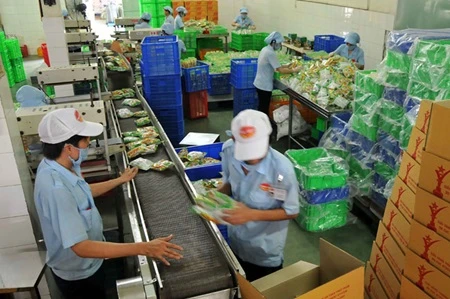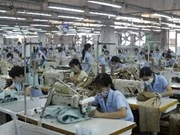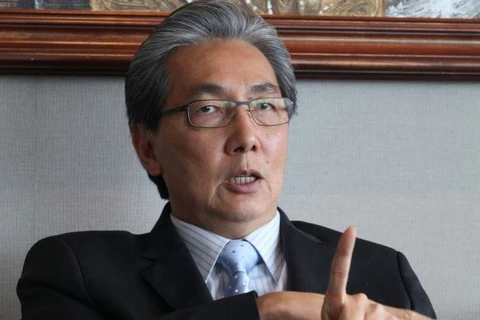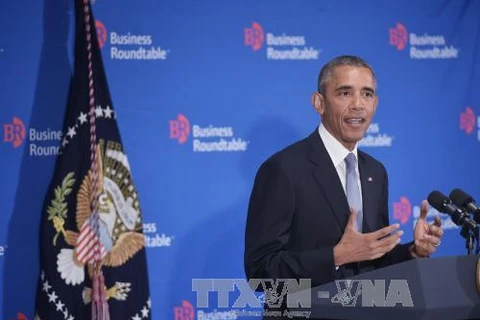 Trade ministers from 12 Trans-Pacific Partnership (TPP) member countries met in Hawaii on July 31. (Photo: VNA)
Trade ministers from 12 Trans-Pacific Partnership (TPP) member countries met in Hawaii on July 31. (Photo: VNA) Trade ministers from 12 Trans-Pacific Partnership (TPP) member countries convened a meeting in the city of Atlanta, Georgia, the US, on September 30 in an effort to resolve key issues of the world’s largest free trade deal.
The agenda of the two-day meeting focus on differences over a number of outstanding issues which prevented the sides from reaching the final agreement at the last top-level talks in Hawaii in July.
Among these issues are US import barriers on some Japanese auto components, US and Canada’s market openings to dairy products from New Zealand and the duration of patent protection for new-generation drugs.
New Zealand Prime Minister John Key said this talk might be a good chance of wrapping up the TPP and warned about possible political consequences if the negotiations last too long.
According to him, the meeting of TPP negotiating state leaders at the Asia-Pacific Economic Cooperation (APEC) summit in the Philippines in mid-November would probably be the last chance to seal the deal this year.
But trade analyst Sean West of the Eurasia Group believed that the final deal is likely by the end of the year, even if the Atlanta meeting makes no progress.
The TPP negotiations began since 2005 and the participating countries are making great efforts to complete it as soon as possible after the 2013 deadline was missed.
The TPP member states are Australia, Brunei, Canada, Chile, Japan, Malaysia, Mexico, New Zealand, Peru, Singapore, the US and Vietnam.
Once the deal is signed, the TPP will become a free trade region of 800-million people, accounting for 30 percent of global trade and about 40 percent of the world’s economy.-VNA

























